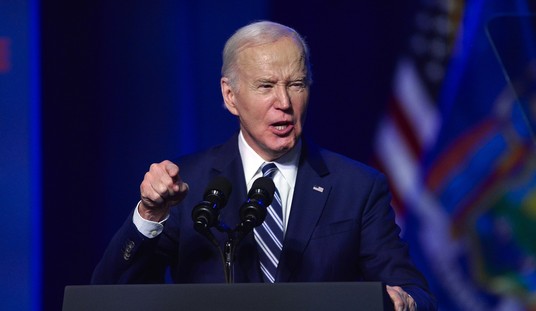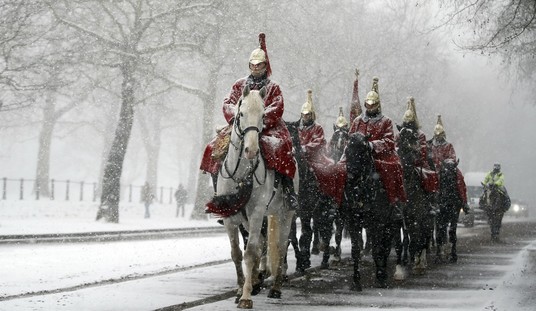
The 1619 Project, an ideologically-driven revisionist history of the United States, has been getting a lot of attention over the last several days as Arkansas Senator Tom Cotton threatened legislation to defund any school that uses any curriculum based on it.
While I advise against actually putting forward any such legislation, Cotton’s threat appears to have forced the creator of the controversial project to go on the defensive where others – including historians critical of the premise she built the project from – did not.
Nikole Hannah-Jones took to Twitter Monday morning to walk back the assertion that the 1619 Project was “a history,” insisting that it was a project of journalism.
I’ve always said that the 1619 Project is not a history. It is a work of journalism that explicitly seeks to challenge the national narrative and, therefore, the national memory. The project has always been as much about the present as it is the past.
— Ida Bae Wells (@nhannahjones) July 27, 2020
That tweets here are part of a larger thread where Hannah-Jones tries to clarify the purpose of the project. However, the treatment of the 1619 Project has been pushed by her, the New York Times, and supporters as THE definitive history of the United States, arguing that the “true” history of the nation stemmed from the arrival of the first slave ship in 1619, rather than from the actual Declaration of Independence from Great Britain and the subject structuring of the United States Constitution.
Hannah-Jones is attempting to deflect that this was ever an attempt to revise history, despite the fact that her project was turned into a curriculum specifically to be taught in schools.
I am so proud that @pulitzercenter partnered with us to create the #1619Project curriculum. It’s available FREE and includes teaching guides. https://t.co/X8aWz9kQMS
— Ida Bae Wells (@nhannahjones) August 17, 2019
Part of the problem here is of Hannah-Jones’ own making: The Pulitzer Center’s materials are not a “curriculum” at all, but a series of lesson plans. Either she is ignorant of how education actually works (the word “curriculum” is a defined approximately all the materials necessary for an entire course) or there actually were plans to create an entirely restructured course of American history premised on the 1619 Project.
The larger issue here, though, is that her claim that this is a project of journalism meant to challenge our understanding of history is that journalism is meant to be based on truth and the challenges journalism presents to those in power are through the use of facts that can be backed up by documentary evidence.
The documentary evidence surrounding the founding of our nation is much more complex than the 1619 Project tries to make it (the irony being that the project itself attempts to claim that the traditional understanding of American history is not complex enough to account for the true impact of slavery on it). At the same time that slave ships were coming to America to deliver slaves, other colonies were established that not only didn’t rely on them but actually thrived.
Further, when it comes to the founding of the country itself, many of the biggest influences on the founding of our nation were themselves opposed to slavery. Thomas Jefferson originally drafted the Declaration of Independence to include anti-slavery language, but it order to get the colonies to agree to sign it, it was scrapped. Jefferson continued to work, however, to get the Virginia legislature to oppose the slave trade. Many of the Founders were against the slave trade and some were outright opposed to slavery.
While Hannah-Jones ignores all this, she states that there was a movement in England to abolish slavery, a claimed that is almost impossible to back up. There may have been small pockets but there was nothing remotely resembling a national movement until decades later – and, inconveniently enough, decades after American leaders were working to get rid of the slave trade.
It doesn’t take a series of experts on history – or a group of journalists keen on revising history more to their liking – to realize that there are flaws in the 1619 Project‘s premise and execution. But as historians from all sides unite to call out this piece of “journalism” on its historical flaws, and as there is a growing rejection of the entire premise, it appears that there is enough pressure to make her walk some things back.













Join the conversation as a VIP Member